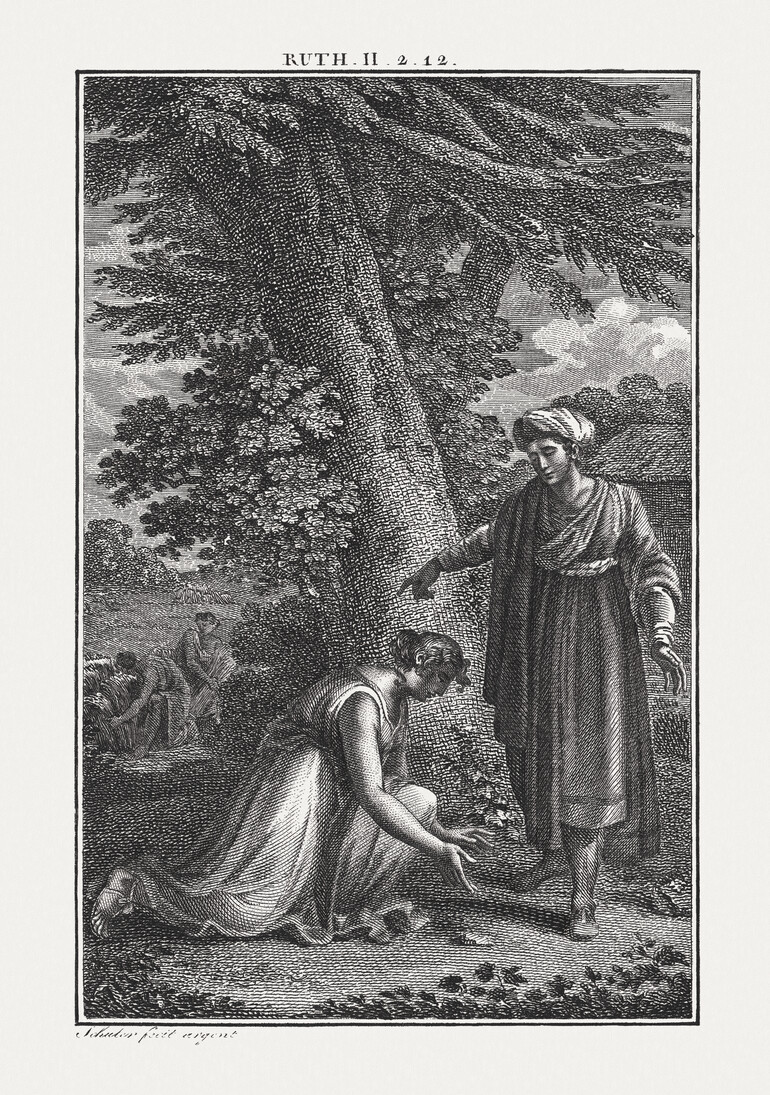The unlikely cast of supporting characters surrounding the birth of Jesus is beyond belief, from this world’s perspective. Sleepless shepherds, pagans on a quest following a star through the desert, a homicidal king threatened by heaven’s baby. At the heart of the Christmas story is a young woman, the virgin mother. Equally unlikely are the four mothers God chose to showcase in the family tree of Jesus.
Let’s open the first chapter of the New Testament and meet these unlikely ladies. Amid the patriarchy of Jewish culture, four women are singled out for special notice. What’s their claim to fame? Is there a lesson for the Adventist Church today?
First we meet Tamar in the third verse of Matthew 1. Who is she? A mistreated woman, having been married to one man described as “wicked in the sight of the Lord, and the Lord put him to death” (Gen. 38:7). So Tamar was given in marriage to her husband's brother, who took sexual advantage of her. This disturbed God so deeply that husband number two also got terminated (verse 10).
Poor Tamar, twice a loser. What now? “Don’t worry,” said Judah, her father-in-law, promising to take care of her by supplying her with another husband. But he broke his promise.
Desperate now with time passing her by, Tamar succumbed to the temptation to take matters into her own hand to produce a child who could take care of her in old age. Posing as a prostitute, she seduced her unsuspecting father-in-law and got pregnant.
Not the type of story you might read your grandchildren on Christmas Eve!
So let’s move quickly along to the next mother in Christ’s family tree. It’s Rahab, from the ancient city of Jericho. She was another prostitute who became a woman of faith.
Perhaps not surprisingly, mother number three in Matthew 1 is also an outsider. Ruth was a loyal and lovely young woman with a great work ethic. But being a Moabite, she was an illegal alien disqualified from marrying any Jewish man — much less to become the progenitor of Messiah in her generation.
Well, there must be some woman in Matthew 1 who your church nominating committee could approve with pride. Only one woman is left in the whole list of Christ’s ancestors. Certainly she must be worthy!
Oh no — Bathsheba! David had no business copulating with her, another man’s wife, and then killing her husband to marry her. Yet this much-shamed victim of the king’s abusive behavior was chosen by God to become a mother in Christ’s family tree. Not just among Joseph’s ancestors in Matthew 1 but also Mary’s in Luke 3.
What is going on here? In a word, grace. God will reign supreme, reserving for Himself to deal with His people according to His good pleasure. He delights taking those we set aside and make something beautiful out of their ministry. As it is written: “God chose what is foolish in the world to shame the wise; God chose what is weak in the world to shame the strong; God chose what is low and despised in the world, even things that are not, to bring to nothing things that are, so that no human being might boast in the presence of God" (1 Cor. 1:27–29).
No wonder Jesus was born in the little town of Bethlehem. Jerusalem, the holy city, had no shortage of rich-robed religious officials, all of them duly appointed and anointed for temple service. They thought they owned and operated God’s covenant franchise and could determine the role of everyone within their hierarchy. There even was an executive committee, known as the Sanhedrin, that considered itself the voice of God to the world.
But churchmen everywhere, beware! God works in mysterious ways, His wonders to perform. He works not only through us but beyond us and, when necessary, despite us to fulfill His purposes. We are laborers together with God, but only to the extent that we are willing to submit to Christ’s authority as the one and only head of the church.










